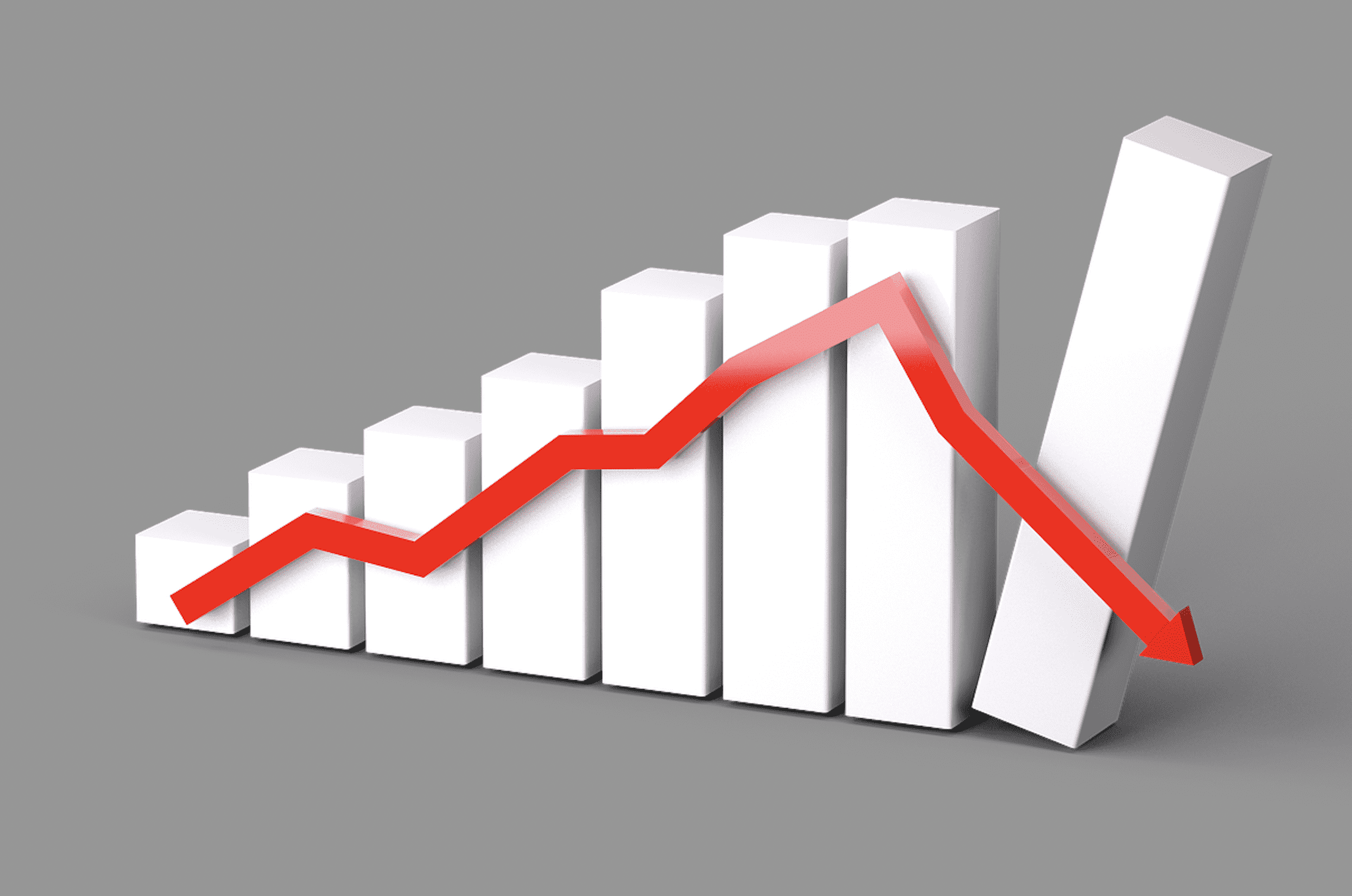
The markets for government debt have recently been rocked by volatility. Yields on both U.S. and British government securities have changed with unusual rapidity and size in the last few days.
The Wall Street Journal reports:
The worst bond rout in a generation carried the yield on the 10-year U.S. Treasury note above 4% for the first time in more than a decade on Wednesday [Sept. 28th] before emergency moves by the Bank of England prompted the biggest one-day rally in more than 13 years.
Yields on government securities rise when the price drops, i.e., when supply exceeds demand.
The Journal also reports that the rapid recent increases in interest rates, followed by the sharp declines, are indicative of more volatility coming. These events, says the Journal, “marked the latest explosion of volatility in normally placid debt markets.”
According to Morningstar.com, the volatility in prices and yields on the government-debt markets are the second highest recorded since 2009. The main reason was “emergency steps” by the Bank of England “to arrest disorderly conditions” in the market for British government debt. Some analysts, quoted by U.S. broadcaster NPR, blame governments for causing market volatility.
Since debt yields rise when prices decline, the most common policy instrument for preventing rising yields—which are a cost to taxpayers of the indebted government—is for the central bank to increase purchases of government debt. According to CNBC, there are now expectations that the Bank of England may have to re-enter the market for British sovereign debt for this purpose.
